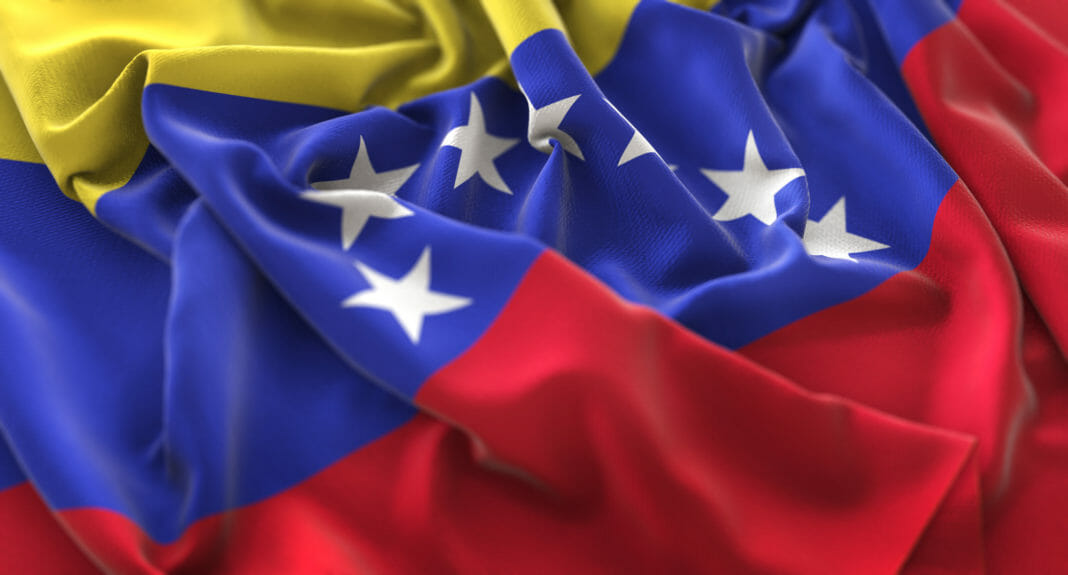For the payment of airport services with said Venezuelan cryptocurrency, Sunacrip (National Superintendence of Crypto Assets and Related Activities) has arranged several platforms.
The National Institute of Civil Airlines, INAC in Venezuela, reported in a statement that as of February 23, clients, service providers and suppliers of this institution would be able to use the “Petro” cryptocurrency in airport platforms and commercial activities.
According to the statement issued by the civil aeronautical entity, this measure complies with the directive of the President of the Republic of the Nation, Nicolás Maduro Moros, regarding the establishment of the payment with the national cryptocurrency (Petro), of all the services provided by INAC.
“Thus, INAC users have a fast, easy and secure platform to pay with Petro for procedures corresponding to the aeronautical sector, demonstrating the conviction of continuing to bet on national development,” INAC said in its statement.
It is worth considering that the Simón Bolívar International Airport (Caracas, CCS), one of the most important in the country, has been working since 2021 to add the cryptocurrencies Dash, Bitcoin, and the national digital currency Petro to its payment system, in association with Sunacrip.
Usability Guarantees
The start-up of the payment in Petro for the aeronautical management procedures before the INAC is the result of the efforts of the Venezuelan State to guarantee the usability of its sovereign crypto-asset.
This takes into account that on December 20, 2021, a professional team from INAC, together with Sunacrip, carried out the evaluation of technical details about El Petro, and its implementation within the payment systems of Venezuela’s aeronautical services.
Using Petro in Venezuela, as the Russian-Ukrainian Crisis Develops
We must remember that the cryptocurrency issued in Venezuela is, according to the government of Nicolás Maduro, the first launched by a State, although countries such as Estonia and Dubai have already stated that they also have similar plans.
In addition, the government resorts to it as a source of financing at a time when its income has fallen due to low production and the reduction in oil prices, the main and almost only source of foreign currency inflows into the country.
Compared to Bitcoin, the Venezuelan government acts as an intermediary, while Bitcoin is completely decentralized. In other words, Bitcoin does not belong to anyone; no governments, banks, or investment funds regulate it.
The government of Venezuela, with income problems, in the midst of a serious crisis and pressured by the financial sanctions of the United States, launched the petro and promotes it as a solution to be able to finance itself and solve the many ills that plague its economy.
Among the objectives has been to create an alternative currency to the dollar and a digital and transparent economy for the benefit of emerging countries and away from the world financial system, controlled by the United States.
Back in 2018, Time magazine, citing among its sources an executive of a Russian state bank, asserted that senior Kremlin advisers participated in the creation of the Venezuelan petro and that Russian President Vladimir Putin himself gave the green light to the initiative.
However, the Russian Ministry of Finance denied any involvement of the country’s authorities with the creation of the petro.
Amid these considerations, and given the harsh consequences that the Russian-Ukrainian conflict has brought about in financial terms, it is an ugly truth that wars have devastating costs for all, no matter how closely involved they might be.
International markets have assumed that the situation between Russia and Ukraine is about a regional conflict and not a world war. Regarding sanctions, the effect, according to analyst Gustavo Godoy, can be twofold. On the one hand, there would be an increase in the price of some items due to Russian isolation. On the other hand, the measures could slow world trade.
The natural thing is to look for escape routes, and resort to cryptocurrencies as “protection”, just as with gold in past times.
Nevertheless, the petro has not achieved such status. Based on what has been happening with cryptocurrencies once the Russian-Ukrainian war broke out, the tendency is to see Bitcoin as a growth asset, an optimistic view that the petro does not enjoy, given its direct connection to the Venezuelan government.
By Audy Castaneda











